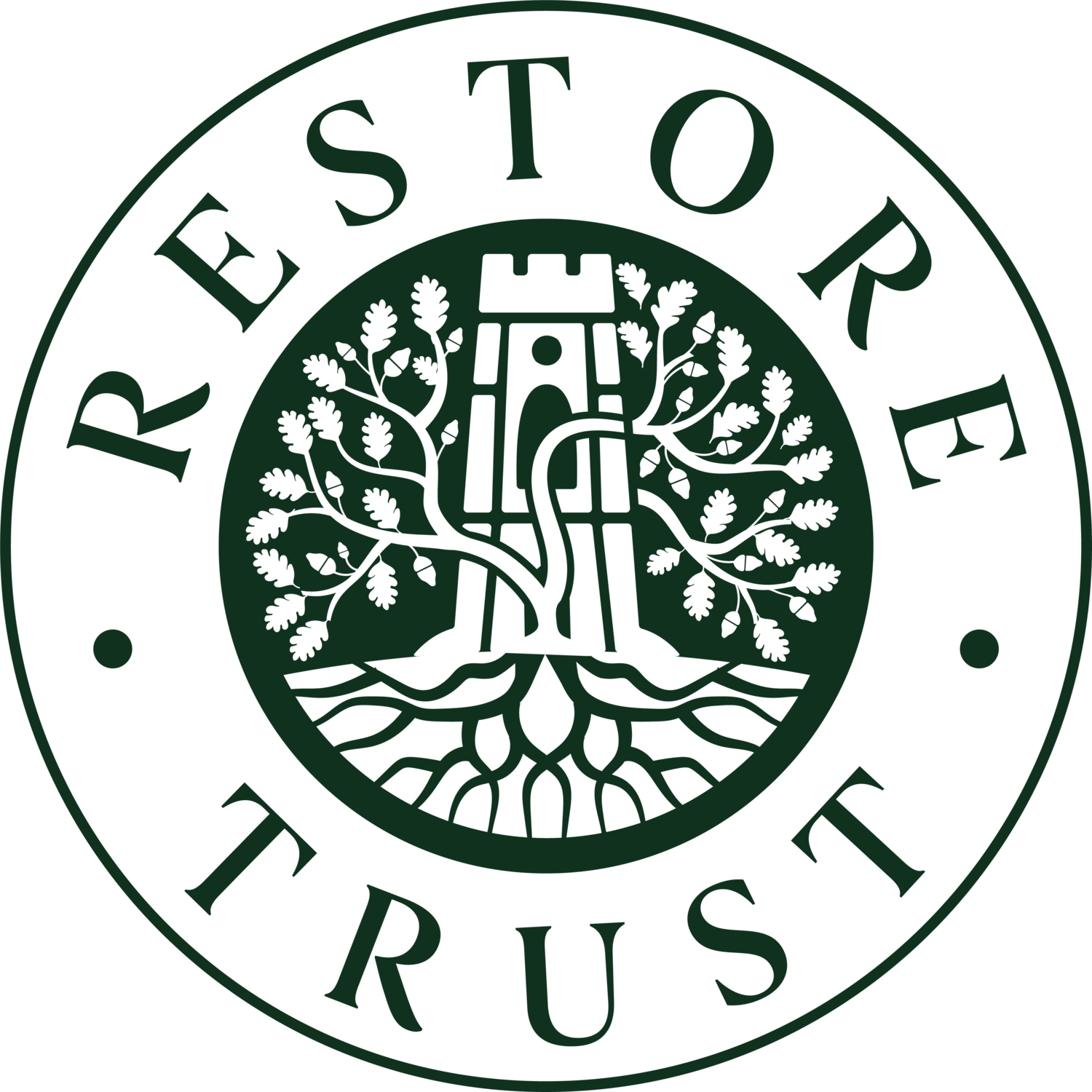Young National Trust member fights to make its trendy agenda history
Rebels plan to shake up institution at a crunch general meeting
Liam Kelly, Arts Correspondent | The Sunday Times | 2 October 2022
Zewditu Gebreyohanes is not your typical 23-year-old. In contrast to Generation Z peers, she leads an “anti-woke” pressure group waging an insurgency against the National Trust, which she believes spends too much time fretting about slavery and unconscious bias and not enough maintaining Britain’s treasures.
“It’s unusual, perhaps,” she said. “I’ve always been interested in history and heritage. I’m also proudly British and think the National Trust is a very important national institution.”
Important, but in need of some tough love. The genteel world of the trust, more used to cream teas than coups, is set to be rocked by the latest skirmish in the culture wars at its annual general meeting in Bath next month.
In May, Gebreyohanes became director of the pressure group Restore Trust, which she says has 19,000 people on its mailing lists and is funded by donations. Its goal is to make the National Trust “return to its founding aims and ethos” — preserving beautiful and historic buildings and lands for the nation — rather than commissioning reports into their slave-owning provenance, sacking conservators and letting sites fall into disrepair.
Restore Trust was set up last year in response to a controversial National Trust-commissioned report into the colonial heritage of 93 buildings under its care. Prepared by Corinne Fowler, professor of post-colonial literature at Leicester University, it created a “blacklist” of houses connected to colonialism and slavery, including Chartwell, Winston Churchill’s home.
Mandatory diversity training for volunteers to learn about “unconscious bias” has also been “hugely, hugely unpopular”, said Gebreyohanes, who used to work for the right-wing Policy Exchange think tank. More prosaic matters have also raised hackles, such as houses being closed and the removal of free tea and biscuits for volunteers on site. “They do it for the love of it,” she said, “but when you see that management is being stingy and denying you simple things, you sense something is going wrong.”
Rejecting the anti-woke label, Gebreyohanes, who was appointed a trustee of the Victoria and Albert Museum by the former culture secretary Nadine Dorries in August and is director for student engagement at the Roger Scruton Legacy Foundation, said: “What they’re doing is not what the National Trust was set up to do and the problems happening as a result of management decisions go far beyond what is termed ‘woke’ or ‘anti-woke’. The National Trust is a valuable institution that needs saving.”
The daughter of an Ethiopian father and British mother, Gebreyohanes grew up in Kennington, south London, but spent time with her grandparents near Barnstaple in Devon and often visited the National Trust’s Arlington Court.
Instead of just railing against “wokery”, she is lobbying against the way the trust treats its properties. She singles out Clandon Park in Surrey, which was gutted by fire in April 2015. Rather than restoring it, following a multimillion-pound insurance payout, the trust is to conserve it as a ruin.
Her group also wants to transform how the charity is run. At present, members who vote online can sign their ballots over to the trust’s chairman to use at his discretion. Restore Trust wants this system to be abolished. At last year’s AGM, in Harrogate, North Yorkshire, Orna NiChionna, the interim chairwoman, used the discretionary votes against two motions proposed by Restore Trust, which “deplored” the sacking of curators and the treatment of volunteers. That turned what would have been a defeat for the trust into a victory.
“It is one of those small-print things,” said Gebreyohanes. “These proxy votes can stop reform from taking place.”
Restore Trust has tabled a motion this year for an independent ombudsman to adjudicate disputes between the National Trust and its volunteers, tenants, donors or other locals. It has also backed a slate of seven candidates for election to the trust’s council, which holds management to account.
Already there are claims of dirty tricks. For the first time, the trust has created a “quick voting” option, giving members who vote online the chance to press one button and vote in accordance with what the trust’s nominations committee recommends. Gebreyohanes said it was “dodgy” and “shows their desperation”.
The National Trust, which manages more than 500 historic sites and 780 miles of coastline, said discretionary proxy votes are “standard procedure in the governance of many organisations”, and that it was advised to add the “quick voting” option by Civica Election Services, which manages the ballots.
But with about six million members, only a tiny fraction of whom vote, is apathy not the biggest block to change? “We don’t need the vast majority of people to be voting,” said Gebreyohanes. “It’s more of a challenge to make people realise what is going on with the National Trust, because they don’t want that brought to the attention of the public.”

